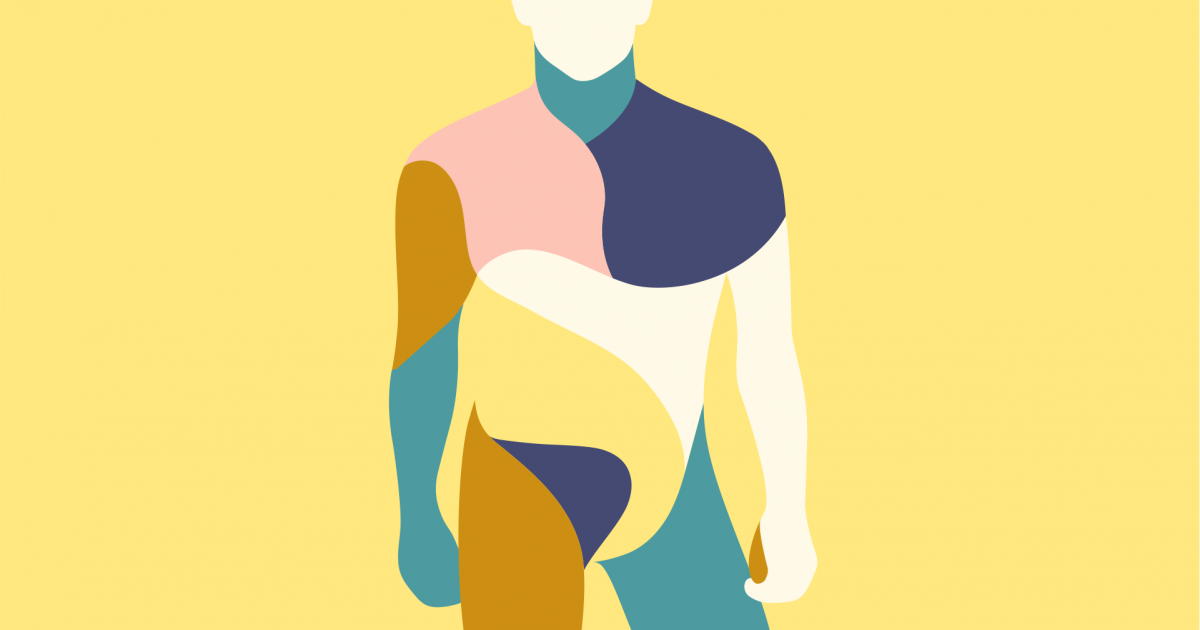A Clinical Psychologist Who Treats Physicians on the Frontlines Explains the Kinds and Causes of Burnout
- Physician burnout has both a physical and emotional component
- Physical exhaustion, which doctors are trained to endure and work through, is an early sign of coming emotional burnout
- Emotional burnout, caused by fatigue and an excess of non-patient-centered work, leads to a lessening of empathy and tolerance for patients
“One of the first things we look for with burnout is exhaustion, and it can happen in both a physical and emotional way,” explains Dr. Marianna Strongin, a licensed clinical psychologist and founder of Strong in Therapy, her Manhattan-based private practice. Physical exhaustion is often a precursor to emotional exhaustion, but complicating burnout diagnosis and treatment in physicians is the fact that they’ve been trained to work through physical exhaustion and even to ignore it. “So often when we do see physical exhaustion, they’re already emotionally exhausted,” explains Dr. Strongin. “And what that means is that they’re less likely to feel empathy and patience for their patients.”
In order to keep physicians well-rested and physically healthy, and to ensure they’re able to properly care for patients, Dr. Strongin urges doctors to take notice of their physical exhaustion before it progresses to professional disengagement and emotional burnout. “Once you’re emotionally exhausted we need to throw in a lot more interventions,” she says.
One of the first steps to preventing physical exhaustion is to minimize the amount of work that physicians deal with. But, says Dr. Strongin, it’s not just the amount of work that’s an important factor, but the kind of work. She explains that when doctors are interviewed about burnout, one recurring cause of exhaustion is the amount of “paperwork,” that now involves endless computer inputting. “And what they’re missing,” says Dr. Strongin, “is the patient work. For every patient they see, they then have to do hours of paperwork. And that usually contributes to burnout.”
There are several ways that hospitals and physicians can combat professional exhaustion. “Hospitals are starting to take real notice about burnout,” says Dr. Strongin. “There are a lot of programs in place now to monitor the problem and intervene.” One initiative is to change the way that time off is given and taken. Instead of granting individual days scattered over a long period, some hospitals now encourage doctors to take a larger chunk of time all at once, so that they can really disconnect from work and recharge. There’s a growing realization, says Dr. Strongin, that doctors really need time to step away and almost detox from their work in order to regenerate and energize.
Dr. Strongin urges physicians to take steps on their own to prevent burnout by trying to consciously engage with things they enjoy. “Try to activate that part of you that used to find joy in daily activities,” she recommends. “And if you can take a little bit of a step back from your work for a chunk of time and begin to do the things that once brought you joy, you can really regenerate.”





